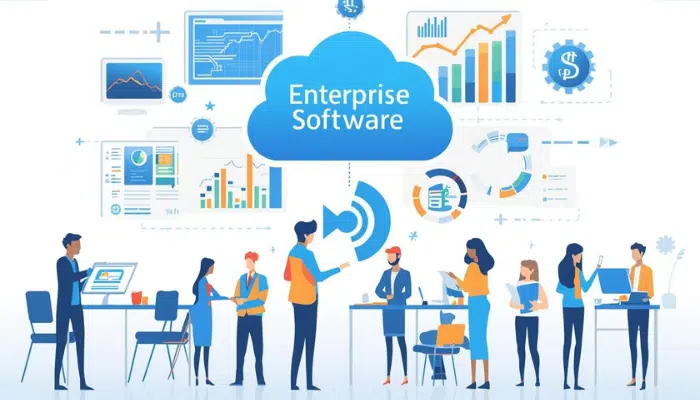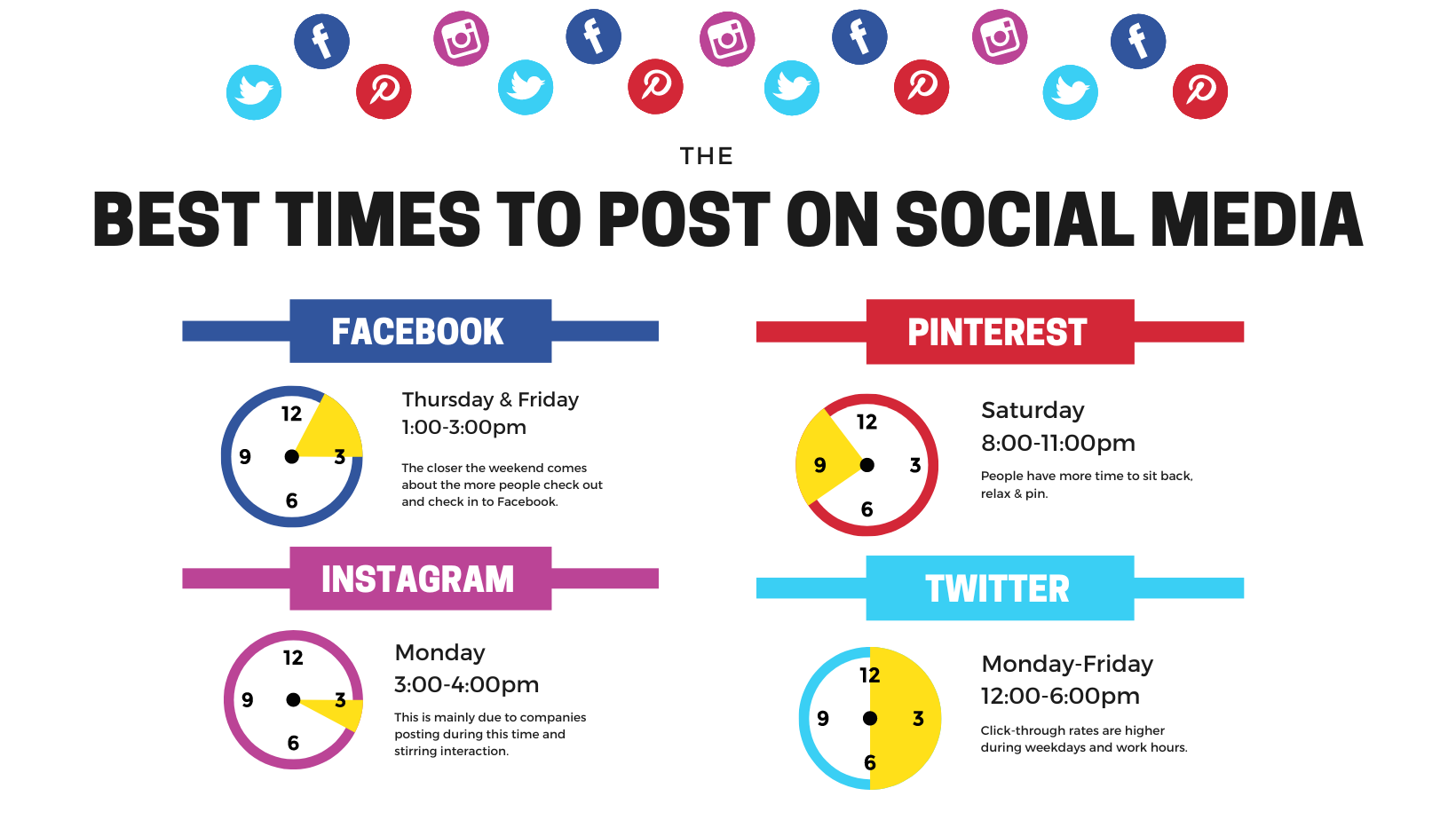Choosing the right thesis topic can feel overwhelming, especially in a field as vast and dynamic as Information Technology (IT). With so many emerging technologies and evolving challenges, deciding where to focus your research can be tricky. However, having gone through this process myself, I’ve learned some strategies that can make finding a great topic much easier. In this post, I’ll share tips and insights to help you find a thesis topic that aligns with your interests, career goals, and academic requirements.
1. Start with Your Interests
Your thesis is a significant commitment, so it’s essential to choose a topic you genuinely care about. Ask yourself questions like:
- What areas of IT excite me the most?
- Are there any problems or challenges in the tech world that I want to solve?
- Which topics have I enjoyed studying in my coursework?
For example, if you’re passionate about cybersecurity, consider focusing on topics like ransomware detection, ethical hacking, or data privacy regulations.
2. Explore Current Trends in IT
Information Technology is constantly evolving, and keeping up with the latest trends can help you identify timely and relevant research topics. Some of the hottest areas in IT right now include:
- Artificial Intelligence (AI) and Machine Learning
- Internet of Things (IoT)
- Blockchain Technology
- Cloud Computing
- Big Data Analytics
- Cybersecurity
Spend time reading blogs, research papers, or tech news platforms to see what’s trending. For example, you might come across a topic like “Improving IoT Security Using Blockchain Technology,” which could make for an excellent thesis.
3. Look for Gaps in Existing Research
Another effective way to find a thesis topic is to identify gaps in existing research. This means looking for questions that haven’t been answered or areas that need further exploration. To do this, follow these steps:
- Read recent journal articles and conference papers.
- Note down topics that interest you and see what’s already been done.
- Identify aspects of these topics that are underexplored or need improvement.
For instance, you might notice that while there’s a lot of research on AI in healthcare, there’s limited work on how AI can be used for mental health diagnosis. This gap could be your opportunity to contribute something new.
4. Consider Practical Applications
Many IT students prefer working on thesis topics that have practical applications. These topics not only add value to the industry but also enhance your career prospects. Here are some examples:
- Developing a mobile app for real-time disaster management.
- Creating a secure e-commerce platform using blockchain.
- Building an AI-based chatbot for customer support.
Practical topics often involve hands-on work, which can make your thesis more engaging and impactful.
5. Discuss with Your Professors and Peers
Sometimes, the best ideas come from brainstorming with others. Talk to your professors, classmates, or industry professionals about potential topics. They can provide valuable insights, suggest resources, and even point out areas of research that you might not have considered.
Your professors, in particular, are a great resource since they have extensive experience and can guide you toward topics that are both relevant and manageable.
6. Test the Feasibility of Your Topic
Before finalizing your topic, make sure it’s feasible. Ask yourself:
- Do I have access to the resources and tools needed for this research?
- Is the scope of the topic manageable within the given time frame?
- Are there enough existing studies or data to build on?
For example, while “Quantum Computing” is fascinating, it might not be feasible for a master’s thesis if you don’t have access to specialized tools or knowledge.
7. Narrow Down Your Topic
Once you have a general area of interest, it’s time to narrow it down into a specific, focused research question. A broad topic like “Artificial Intelligence” could be refined into something like “Optimizing AI Algorithms for Energy-Efficient Data Centers.”




